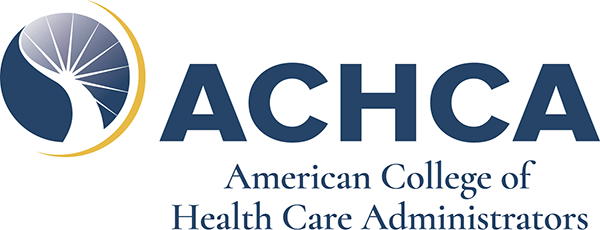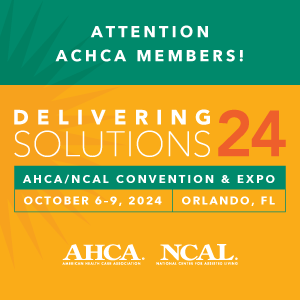Case Mix reimbursement operates on a weighted scale, the more resources needed to provide resident care, results in a higher CMI score and a higher reimbursement level. The Minimum Data Set (MDS) Assessment is used by states to collect objective data regarding a resident within specific timeframes, across multiple disciplines. When an MDS assessment is completed, a clinical score that reflects resident acuity is assigned. This clinical score, known as a Resource Utilization Group (RUG) level, correlates with direct care costs in a Case Mix reimbursement system.
Implementing systems that strengthen documentation of care provided and data capture in the MDS assessment, can have a significant impact on a provider’s Medicaid revenue.



